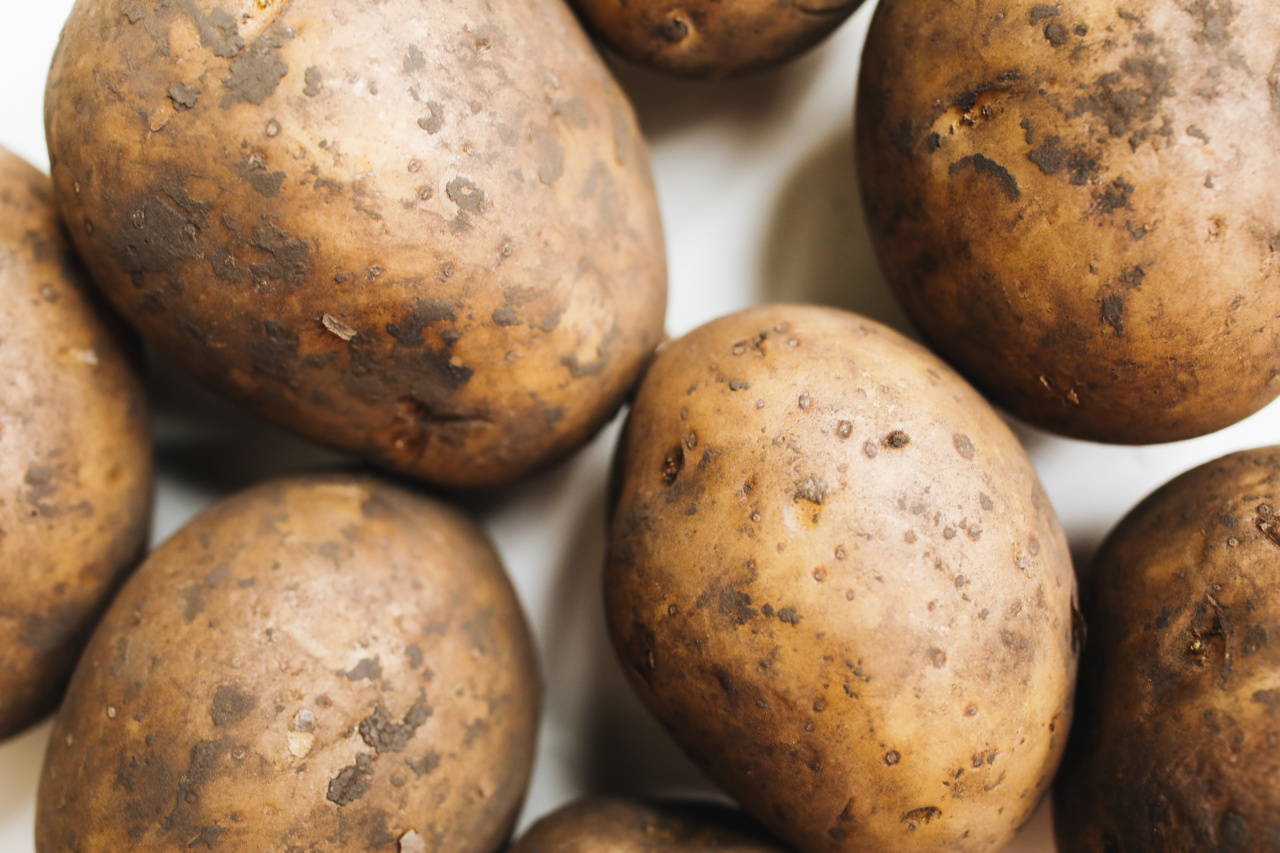Skin dryness is a common problem that affects people of all ages. It is characterized by a lack of moisture in the skin, which can lead to flaking, itching, and roughness.
While there are many products on the market that claim to treat dry skin, it is important to understand the root causes of this condition in order to effectively prevent and treat it.
What Causes Skin Dryness?
There are several factors that contribute to skin dryness.
Genetics
One major factor that can contribute to skin dryness is genetics. Some people are simply born with a predisposition to dry skin, which means that their skin may not produce enough natural oils to keep it hydrated.
Environmental Factors
Environmental factors can also play a role in skin dryness. Exposure to harsh weather conditions, such as extreme cold or hot temperature, low humidity, strong winds and sun exposure can dry out the skin over time.
Certain Medications
Some medications can also lead to skin dryness. For example, certain acne medications and cholesterol-lowering drugs can cause dryness as a side effect.
Aging
As we age, our skin naturally becomes more prone to dryness. This is because the oil glands in our skin become less active over time, leading to a decrease in natural oil production.
Frequent Showers
Frequent showers or baths can also contribute to skin dryness. This is because hot water can strip the skin of its natural oils, leaving it dry and irritated.
Poor Diet
A poor diet can also contribute to skin dryness. A diet that is low in essential fatty acids, vitamins, and minerals can deprive the skin of the nutrients it needs to stay hydrated.
Medical Conditions
Finally, certain medical conditions can contribute to skin dryness. Conditions such as eczema, psoriasis, and thyroid disorders can all lead to dry, itchy skin.
Preventing and Treating Skin Dryness
Preventing and treating skin dryness involves several steps.
Moisturize Regularly
One of the most important steps for preventing and treating skin dryness is to moisturize regularly. Choose a moisturizer that contains natural oils, such as coconut oil, jojoba oil or shea butter.
Lifestyle Changes
Making changes to your lifestyle can also help to prevent skin dryness. Avoid hot showers or baths, use a humidifier to add moisture to the air, and eat a healthy, balanced diet that is rich in essential nutrients.
Seek Medical Treatment
If you are experiencing dry skin that is particularly severe or persists despite your efforts to treat it, it may be time to seek medical treatment.
Your doctor may be able to prescribe a prescription-strength cream or recommend other treatments to help address the underlying causes of your dry skin.
Conclusion
Skin dryness is a common problem, but by understanding its root causes, you can take steps to prevent and treat this condition effectively.
From moisturizing regularly to making healthy lifestyle changes, there are many strategies that can help keep your skin healthy and hydrated.































